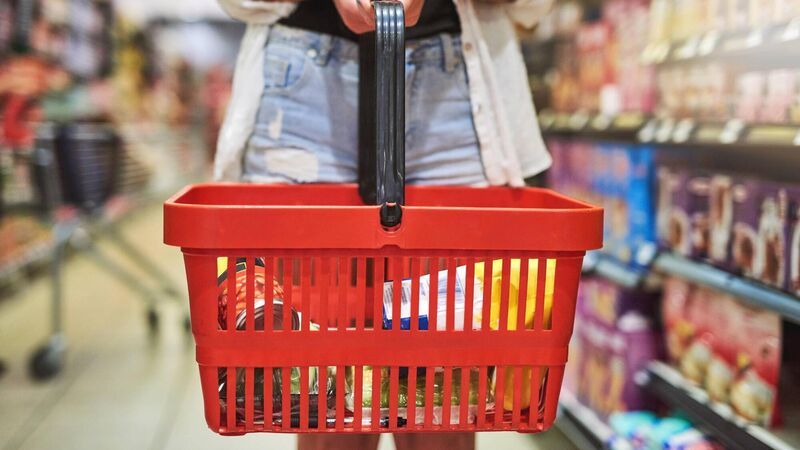Caitríona Redmond: I've been tracking groceries for 6 months, here's how much it's gone up

Six months ago the cheapest basket cost €17.36 from Aldi
It’s been quite some time since I started tracking key grocery items for the Irish Examiner, my first spreadsheet came to life on March 23, 2022 and it seems fitting that this week, at the half year/six-month mark that I review it and see what has changed. I’m not going to say ‘if anything’ because it’s obvious grocery prices are going up.
If you’ve not been tracking the grid each week with me let’s recap what our sample shopping basket looks like. Each week across all the 5 main supermarkets I document the price of the following items:









